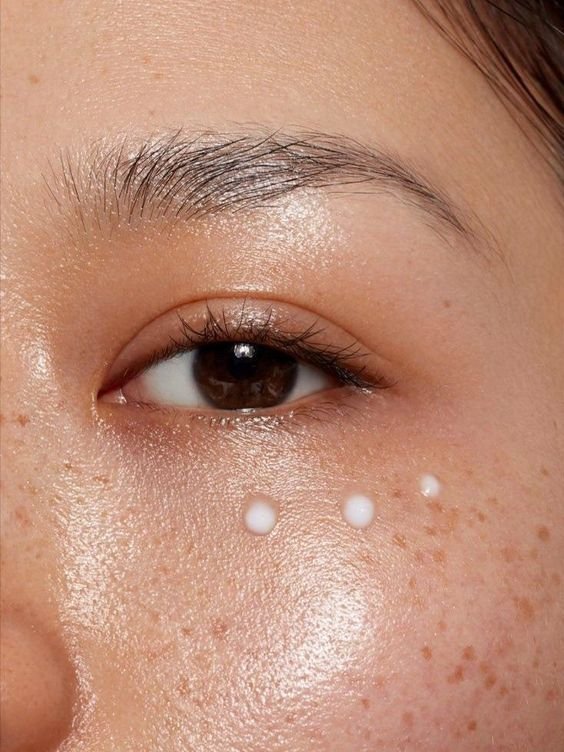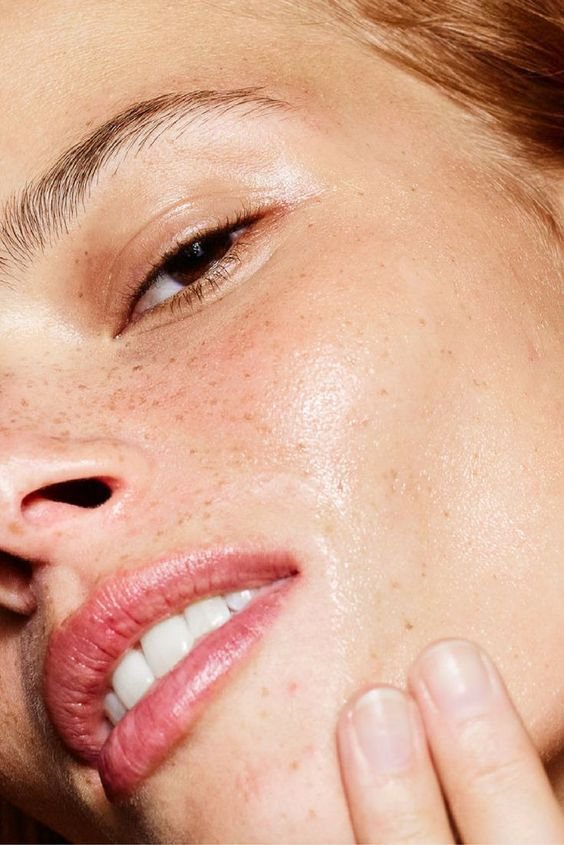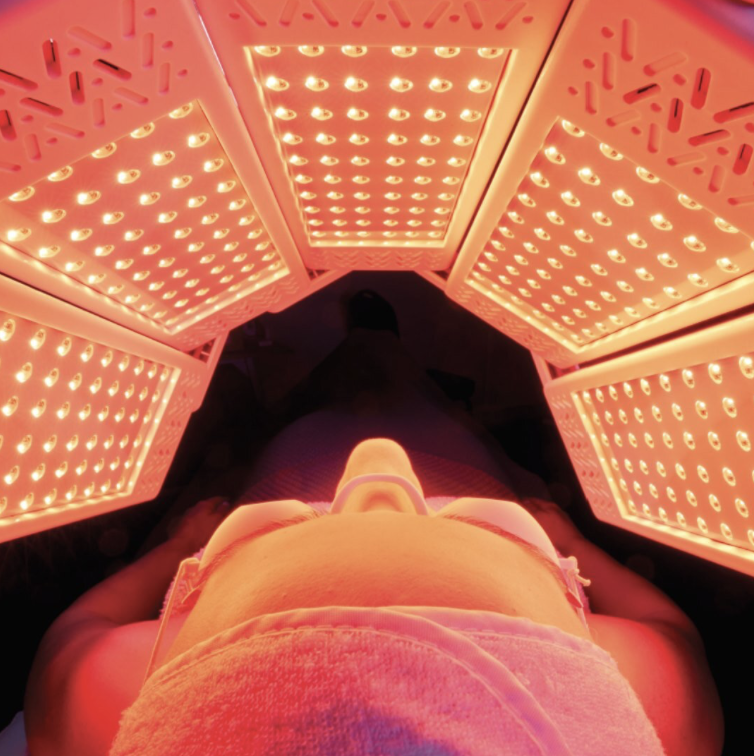Scarring Concerns






Acne scarring occurs as a result of inflammatory acne lesions, such as papules, pustules, or cysts, which cause damage to the skin's collagen and underlying tissue, leading to the formation of scars. Acne or injury scars can range from superficial depressions or pits to more pronounced, raised scars, and they can have a lasting impact on one's self-confidence and emotional well-being.
FAQs
-
The common types of acne scars include atrophic scars (depressions or pits in the skin, such as icepick, boxcar, and rolling scars) and hypertrophic or keloid scars (raised scars that develop as a result of excess collagen production during the healing process).
-
While some acne scars may improve in appearance over time, many will not fade completely without intervention. Early treatment of acne and proper management of acne lesions can help minimise the risk of developing persistent scars.
-
Treatment options for acne scars include topical treatments (such as retinoids or alpha hydroxy acids), minimally invasive procedures (such as microneedling or chemical peels). The choice of treatment depends on the type and severity of the scars.
Treatment Suggestions
At SDP Aesthetics, we boast a range of world-class medical aesthetic treatments to help you combat your areas of concern. Due to TGA regulations we are unable to list all medical aesthetic treatments on offer.
We recommend booking in a consultation to allow you to discuss your goals and concerns openly with Sarah.




